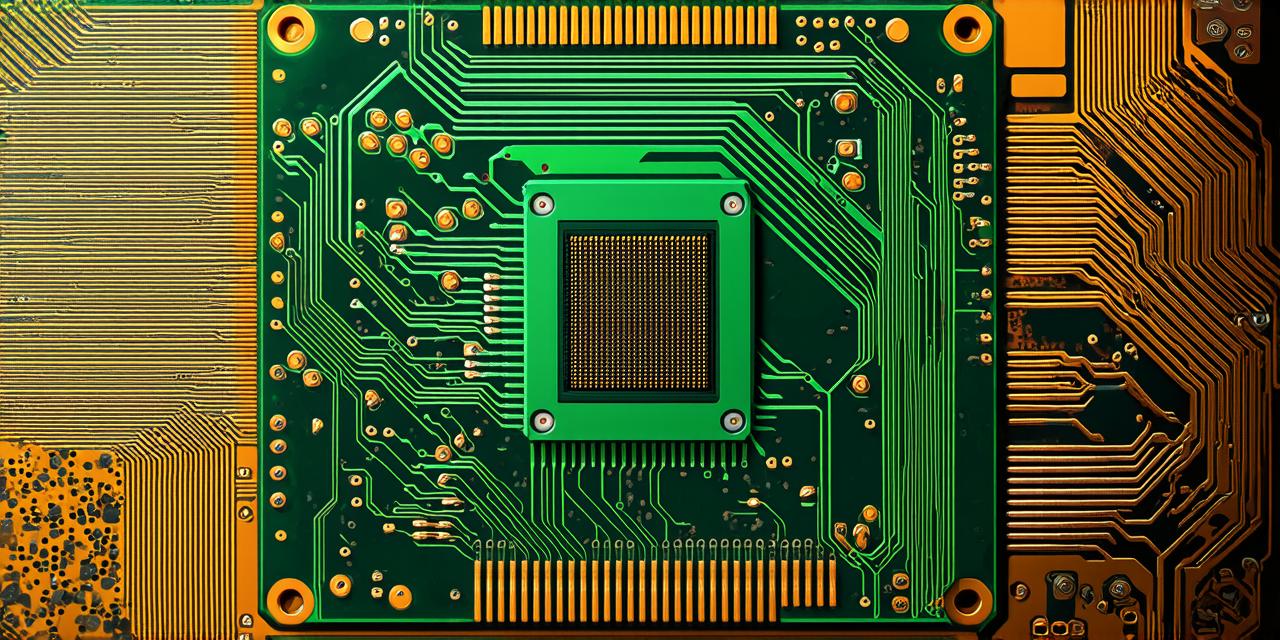PC gaming has been around for decades, but it seems that game developers are increasingly finding themselves frustrated with this platform. While PCs offer many advantages over consoles, including customization options and access to a wider range of games, they also present several challenges that make development more difficult. In this article, we will explore some of the reasons why game developers hate PC and examine ways to mitigate these issues.

Fragmentation:
The PC market is highly fragmented, with multiple hardware configurations, operating systems, and software requirements. This makes it challenging for game developers to optimize their games for all users, leading to poor performance and dissatisfied customers. In contrast, consoles have standardized hardware specifications, making it easier to ensure a consistent gaming experience across platforms.
Piracy:
PC gaming is particularly vulnerable to piracy due to its open-source nature. This means that anyone with an internet connection can download and play games without paying for them, leading to lost revenue for developers. Console gaming, on the other hand, requires proprietary hardware and software, making it much more difficult to replicate or distribute unauthorized copies of games.
Limited Resources:
Developing a game for PC can be expensive due to the need for high-performance hardware and specialized software. This can make it challenging for smaller studios with limited resources to create successful games on this platform. Consoles, by contrast, offer a more streamlined development process that requires fewer resources, making them more accessible to indie developers.
Compatibility Issues:
PCs are notorious for their compatibility issues, with different hardware configurations and software requirements leading to conflicts between games and their components. This can result in crashes, bugs, and other technical problems that frustrate players and reduce the value of a game. In contrast, consoles have a more controlled environment, ensuring that games work seamlessly with their hardware.
Lack of Standardization:
The PC gaming industry lacks standardization, with multiple operating systems, graphics cards, processors, and other components making it challenging to create a consistent gaming experience. This can lead to confusion for players who may not know which specifications are required to run a particular game. In contrast, consoles have a more streamlined approach, with standardized hardware requirements that make it easier for players to determine which games they can run on their systems.
Complexity:
PC gaming is often more complex than console gaming due to the need to configure and optimize games for multiple hardware configurations. This can be overwhelming for some players who may not have the technical expertise needed to tweak game settings or troubleshoot issues. In contrast, consoles offer a simpler, more user-friendly interface that makes it easier for players to access and enjoy their games.
Mitigating Challenges:
Despite the challenges presented by PC gaming, there are several ways that developers can mitigate these issues and create successful games on this platform. One approach is to adopt a cross-platform development strategy that takes into account the unique requirements of each platform. This may involve optimizing games for different hardware configurations, implementing anti-piracy measures, and providing clear instructions for players to configure their systems for optimal performance.
FAQs:
Q: Why do game developers hate PC?
A: Game developers may hate PC due to its fragmentation, piracy, limited resources, compatibility issues, lack of standardization, and complexity.
Q: Is it easier to develop games for consoles or PCs?
A: Console gaming offers a more streamlined development process that requires fewer resources and less technical expertise, making it easier for smaller studios to create successful games on this platform.
Q: What are some ways that developers can mitigate the challenges of PC gaming development?
A: Developers can adopt a cross-platform development strategy, invest in better tools and technologies, and optimize their games for different hardware configurations to improve performance and reduce costs.
